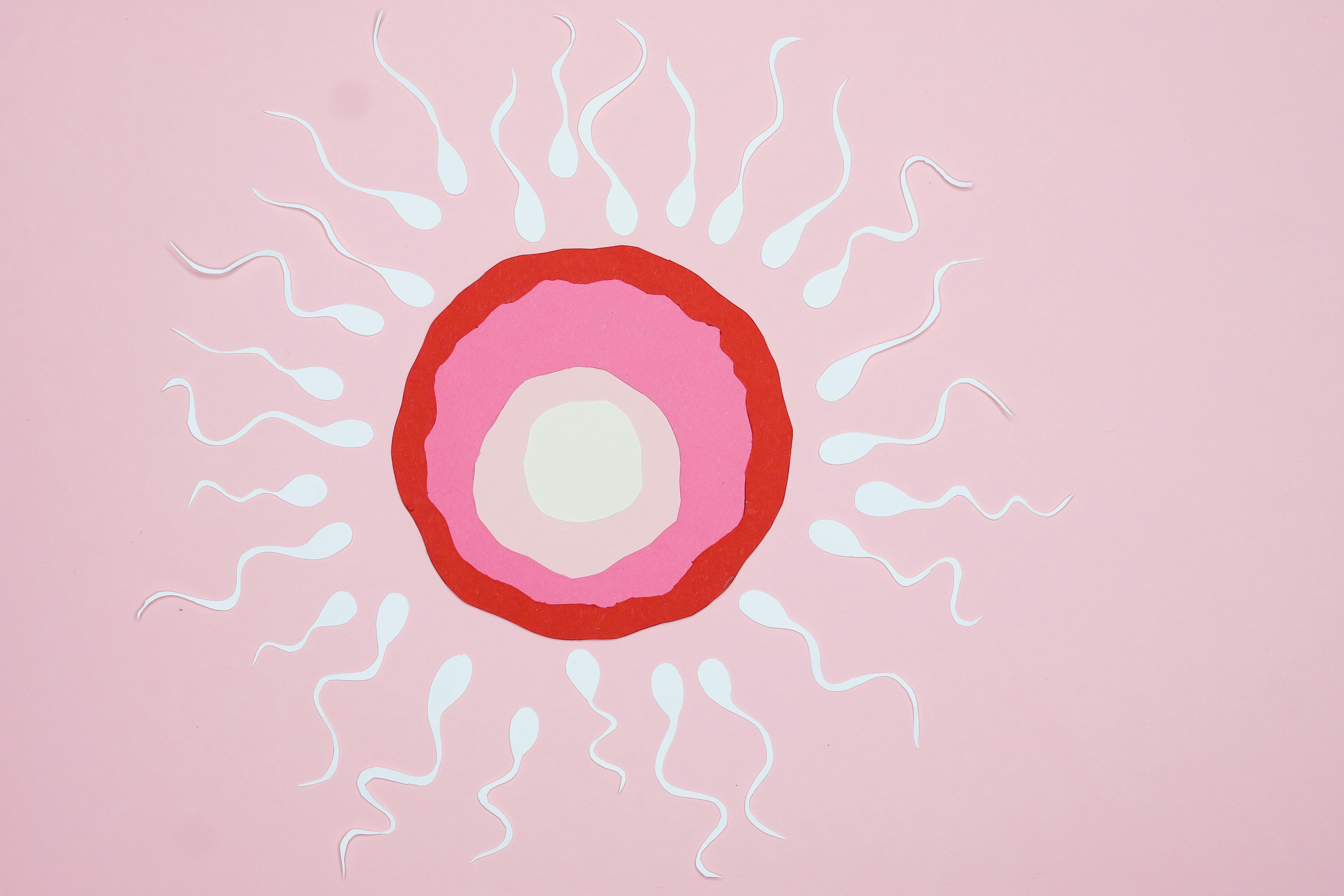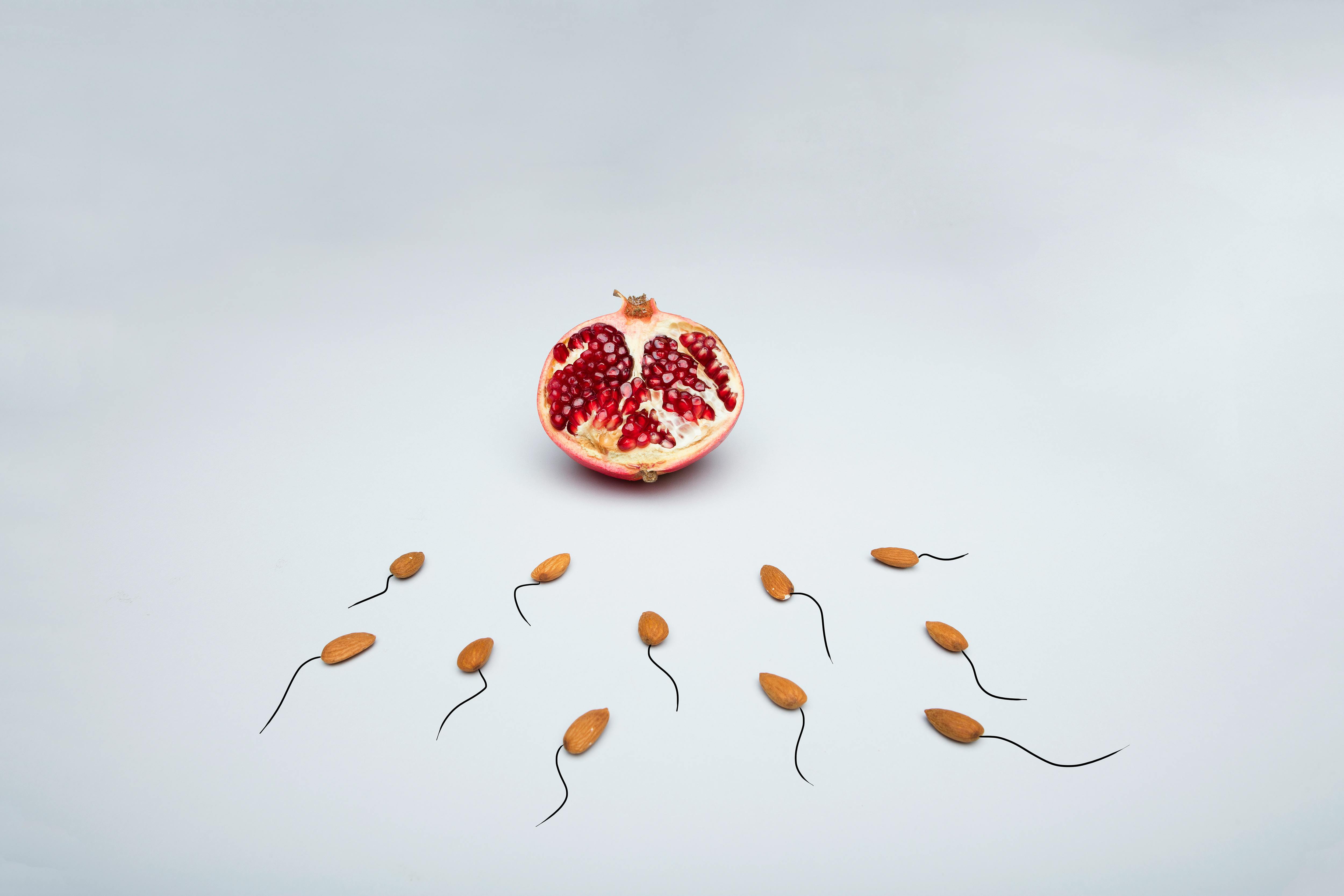When you're facing high DNA fragmentation in sperm, you're probably wondering if ICSI (Intracytoplasmic Sperm Injection) can solve this challenge. The answer isn't simply yes or no—it's more nuanced. While ICSI can help overcome some fertility obstacles related to DNA fragmentation, it doesn't repair the damaged DNA itself. However, it does offer significant advantages by allowing embryologists to select the best available sperm and bypass natural fertilization barriers.
Understanding DNA Fragmentation and Its Impact on Fertility
DNA fragmentation occurs when the genetic material inside sperm becomes damaged or broken. Think of it as tiny breaks in the instruction manual that sperm carries to create new life. This damage can happen due to various factors including oxidative stress, infections, varicoceles, advanced age, smoking, or exposure to environmental toxins.
When DNA fragmentation levels are high—typically above 20-30% depending on the testing method—it can significantly impact your fertility journey. The damaged sperm may still be able to fertilize an egg, but the resulting embryo might have developmental issues, leading to failed implantation, miscarriage, or reduced pregnancy rates.
| DNA Fragmentation Level | Impact on Fertility | Recommended Action |
|---|---|---|
| Below 15% | Normal fertility potential | Standard IVF or natural conception |
| 15-25% | Moderate impact | Consider ICSI or lifestyle changes |
| Above 25% | Significant fertility challenges | ICSI recommended, address underlying causes |
According to Dr. Ashok Agarwal, a leading reproductive medicine specialist, "High DNA fragmentation is associated with reduced fertilization rates, poor embryo quality, and increased miscarriage rates. However, advanced reproductive techniques like ICSI can help couples achieve pregnancy despite these challenges" (Agarwal et al., 2016).
How ICSI Works with High DNA Fragmentation
ICSI involves directly injecting a single sperm into an egg, bypassing the natural fertilization process. This technique offers several advantages when dealing with high DNA fragmentation:
The embryologist can visually select sperm that appear morphologically normal under high magnification. While this doesn't guarantee the DNA is intact, it allows for the selection of the best available sperm from the sample. Additionally, ICSI eliminates the competition between sperm, ensuring that fertilization occurs even when sperm quality is compromised.
| ICSI Advantage | How It Helps with DNA Fragmentation |
|---|---|
| Sperm Selection | Embryologists choose the best-looking sperm under microscope |
| Bypasses Natural Selection | Eliminates sperm competition and zona pellucida barriers |
| Single Sperm Use | Only one sperm needed, maximizing chances with limited good sperm |
| Controlled Environment | Reduces exposure time and environmental stress on sperm |
However, it's important to understand that ICSI doesn't repair damaged DNA. If the selected sperm has fragmented DNA, that damage will still be present in the resulting embryo. This is why combining ICSI with other strategies often yields better results.
Success Rates: What the Research Shows
Studies have shown that ICSI can improve outcomes for couples dealing with high DNA fragmentation, though success rates vary depending on several factors including the woman's age, overall sperm quality, and the degree of fragmentation.
Research indicates that when DNA fragmentation is above 30%, ICSI fertilization rates can still reach 60-70%, compared to much lower rates with conventional IVF. However, pregnancy rates may still be affected due to the underlying DNA damage.
| DNA Fragmentation Level | ICSI Fertilization Rate | Clinical Pregnancy Rate |
|---|---|---|
| Below 20% | 75-80% | 45-50% |
| 20-30% | 65-75% | 35-45% |
| Above 30% | 60-70% | 25-35% |
Dr. Sandro Esteves, a renowned andrologist, notes that "While ICSI can overcome fertilization problems associated with DNA fragmentation, the key to success lies in combining ICSI with strategies to reduce DNA damage and improve sperm quality" (Esteves et al., 2018).
Advanced Sperm Selection Techniques
At Avida Fertility, we don't just rely on standard ICSI when dealing with high DNA fragmentation. We employ advanced sperm selection techniques that can further improve outcomes:
IMSI (Intracytoplasmic Morphologically Selected Sperm Injection) uses even higher magnification to select sperm with the best morphology. This technique allows embryologists to identify and avoid sperm with obvious structural defects that might indicate DNA damage.
Physiological ICSI (PICSI) uses hyaluronic acid to identify mature, DNA-intact sperm. Sperm that bind to hyaluronic acid are more likely to have intact DNA and better fertilization potential.
| Technique | How It Works | Best For |
|---|---|---|
| Standard ICSI | Visual selection under 400x magnification | General male factor infertility |
| IMSI | Selection under 6000x magnification | High DNA fragmentation, repeated ICSI failures |
| PICSI | Hyaluronic acid binding test | DNA fragmentation, recurrent miscarriage |
These advanced techniques, combined with high-quality laboratory standards, can significantly improve outcomes for couples facing DNA fragmentation challenges.
Complementary Strategies to Improve Success
While ICSI addresses the fertilization challenge, addressing the underlying causes of DNA fragmentation can improve overall treatment success. Here are evidence-based strategies that work alongside ICSI:
Antioxidant Supplementation: Vitamins C and E, CoQ10, and zinc can help reduce oxidative stress that causes DNA damage. Studies show that 3-6 months of antioxidant therapy can significantly reduce DNA fragmentation levels.
Lifestyle Modifications:Improving sperm quality through diet, exercise, stress management, and avoiding toxins can reduce DNA fragmentation over time. Since sperm production takes about 74 days, improvements typically become apparent after 2-3 months.
| Strategy | Timeline for Improvement | Expected Benefit |
|---|---|---|
| Antioxidant supplements | 3-6 months | 20-40% reduction in DNA fragmentation |
| Smoking cessation | 3-6 months | Significant improvement in sperm quality |
| Weight management | 3-6 months | Improved hormone balance and sperm parameters |
| Stress reduction | 2-3 months | Better overall reproductive health |
Medical Interventions: Treating underlying conditions like varicoceles, infections, or hormonal imbalances can address root causes of DNA fragmentation. Your fertility specialist might recommend specific treatments based on your individual situation.
When ICSI Might Not Be Enough
While ICSI significantly improves fertilization rates with high DNA fragmentation, there are situations where additional interventions might be necessary:
If DNA fragmentation levels are extremely high (above 40-50%), even ICSI may not overcome the challenges. In these cases, donor sperm might be considered as an alternative option.
Repeated pregnancy losses despite successful ICSI fertilization might indicate that the DNA damage is too severe for viable embryo development. Preimplantation genetic testing (PGT) can help identify chromosomally normal embryos for transfer.
| Scenario | ICSI Success Likelihood | Additional Considerations |
|---|---|---|
| DNA fragmentation 25-35% | Good with proper sperm selection | Combine with antioxidants and lifestyle changes |
| DNA fragmentation 35-45% | Moderate, may need multiple cycles | Consider advanced sperm selection techniques |
| DNA fragmentation >45% | Limited success | Discuss donor sperm options |
It's important to have realistic expectations and work closely with your fertility team to develop the most appropriate treatment plan for your specific situation.
The Avida Fertility Advantage
At Avida Fertility, we understand that dealing with high DNA fragmentation can feel overwhelming. Our approach combines cutting-edge technology with personalized care to give you the best possible outcomes.
Our state-of-the-art laboratory features advanced sperm selection techniques and the latest reproductive technologies. We don't just perform standard ICSI—we tailor our approach based on your specific DNA fragmentation levels and overall fertility picture.
Our team includes experienced embryologists who specialize in challenging cases involving male factor infertility. We take the time to explain your options, discuss realistic expectations, and support you throughout your treatment journey.
Emotional Support During Treatment
Facing fertility challenges related to DNA fragmentation can be emotionally challenging. You might feel frustrated, anxious, or even guilty about the situation. These feelings are completely normal and valid.
Remember that DNA fragmentation is a medical condition, not a personal failing. Many factors contributing to DNA damage are beyond your control, and effective treatments are available to help you achieve your family-building goals.
Consider connecting with emotional support resources during your treatment. Many couples find that counseling, support groups, or stress-reduction techniques help them navigate the fertility journey more successfully.
Frequently Asked Questions
Can DNA fragmentation be completely cured?
While DNA fragmentation levels can often be improved through lifestyle changes and medical interventions, complete elimination isn't always possible. However, even modest improvements can significantly enhance treatment success rates.
How long should we try ICSI before considering other options?
Most fertility specialists recommend 2-3 ICSI cycles before exploring alternatives like donor sperm. However, this depends on your individual circumstances, including the woman's age and other fertility factors.
Is there a difference between ICSI success rates for different causes of DNA fragmentation?
Yes, DNA fragmentation caused by treatable conditions like infections or varicoceles may respond better to ICSI combined with medical treatment, compared to fragmentation due to genetic factors or advanced age.
Should we do PGT testing if DNA fragmentation is high?
PGT testing can be beneficial when DNA fragmentation is high, as it helps identify chromosomally normal embryos for transfer, potentially improving pregnancy rates and reducing miscarriage risk.
Can women's age affect ICSI success with high DNA fragmentation?
Absolutely. Success rates decline with maternal age, and this effect is more pronounced when dealing with high DNA fragmentation. Younger women generally have better outcomes even with compromised sperm quality.
Making the Right Decision for Your Family
Deciding whether ICSI is right for your situation with high DNA fragmentation involves considering multiple factors. Your fertility specialist will evaluate not just the DNA fragmentation levels, but also your partner's age, overall health, previous treatment history, and personal preferences.
The good news is that most couples with high DNA fragmentation can achieve pregnancy with appropriate treatment. While it may take longer or require multiple cycles, the combination of ICSI with complementary strategies offers real hope for building your family.
Don't let high DNA fragmentation discourage you from pursuing your dreams of parenthood. With the right medical team, advanced techniques, and comprehensive support, you can overcome these challenges and move forward with confidence.
Consider starting with strategies to improve sperm quality while simultaneously exploring ICSI options. This dual approach often provides the best outcomes and gives you multiple pathways to success.
Your Next Steps
If you're dealing with high DNA fragmentation, the most important step is working with a fertility clinic that has experience managing complex male factor cases. Look for a clinic that offers advanced sperm selection techniques, comprehensive testing, and personalized treatment protocols.
At Avida Fertility, we believe that every couple deserves the chance to build their family, regardless of the fertility challenges they face. Our team is committed to providing you with the most advanced treatments available, combined with the compassionate care you deserve during this important journey.
Remember, high DNA fragmentation is a challenge, not an insurmountable barrier. With the right approach, advanced techniques like ICSI, and comprehensive support, you can achieve your dream of parenthood.
Considering IVF treatment? Avida Fertility is here to support and guide you on your fertility journey. Reach out today for a personalized consultation and take the first step towards building your family with confidence.






.png)







.svg)
.svg)
